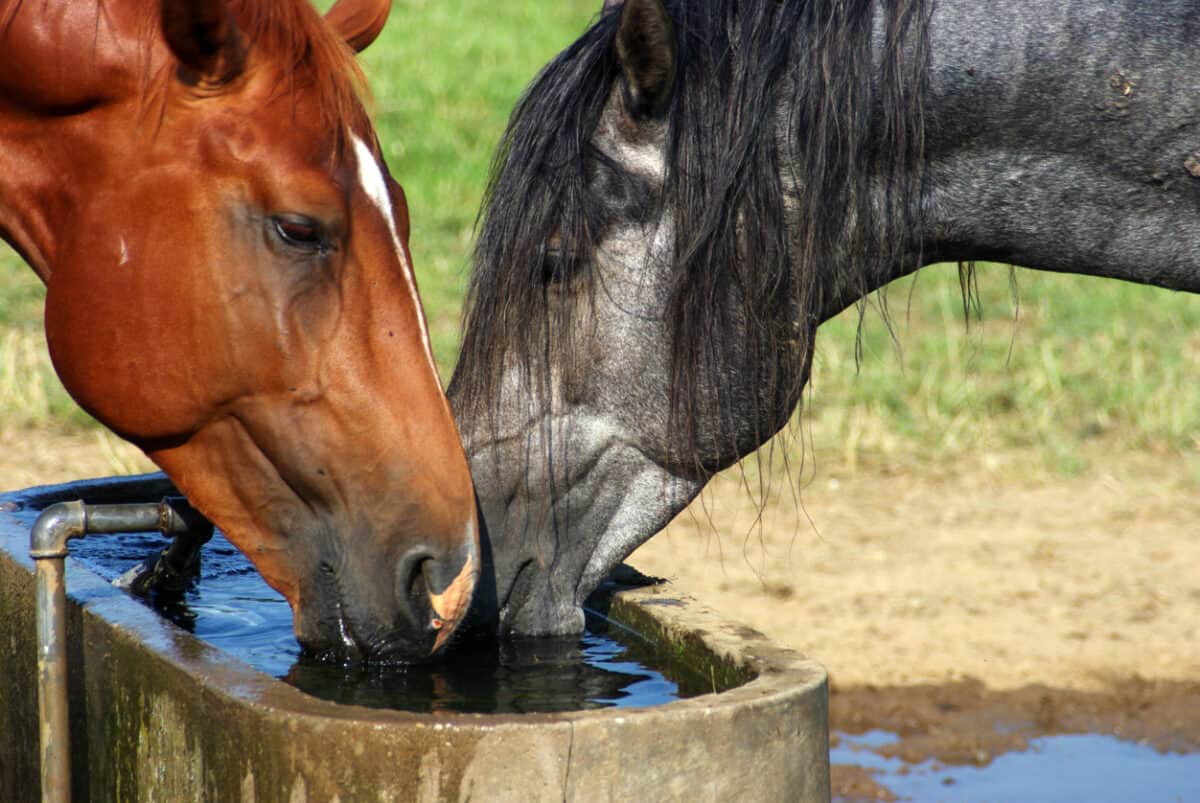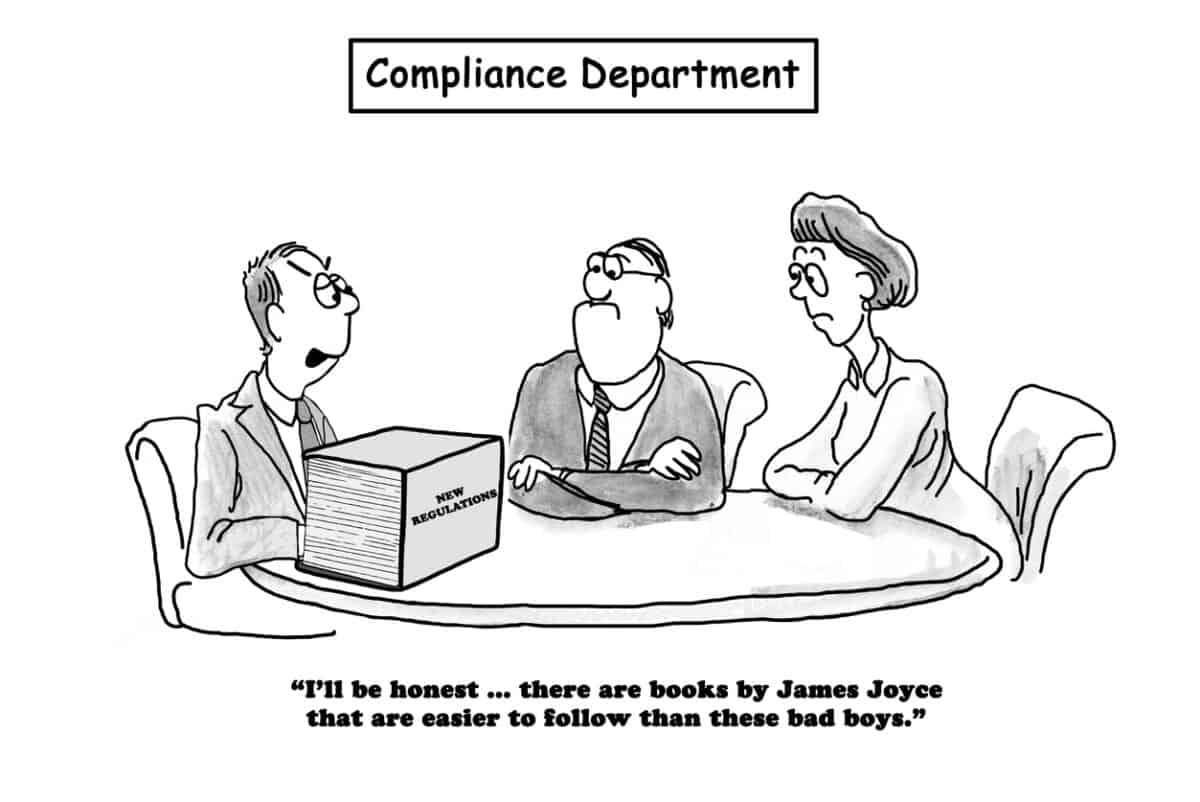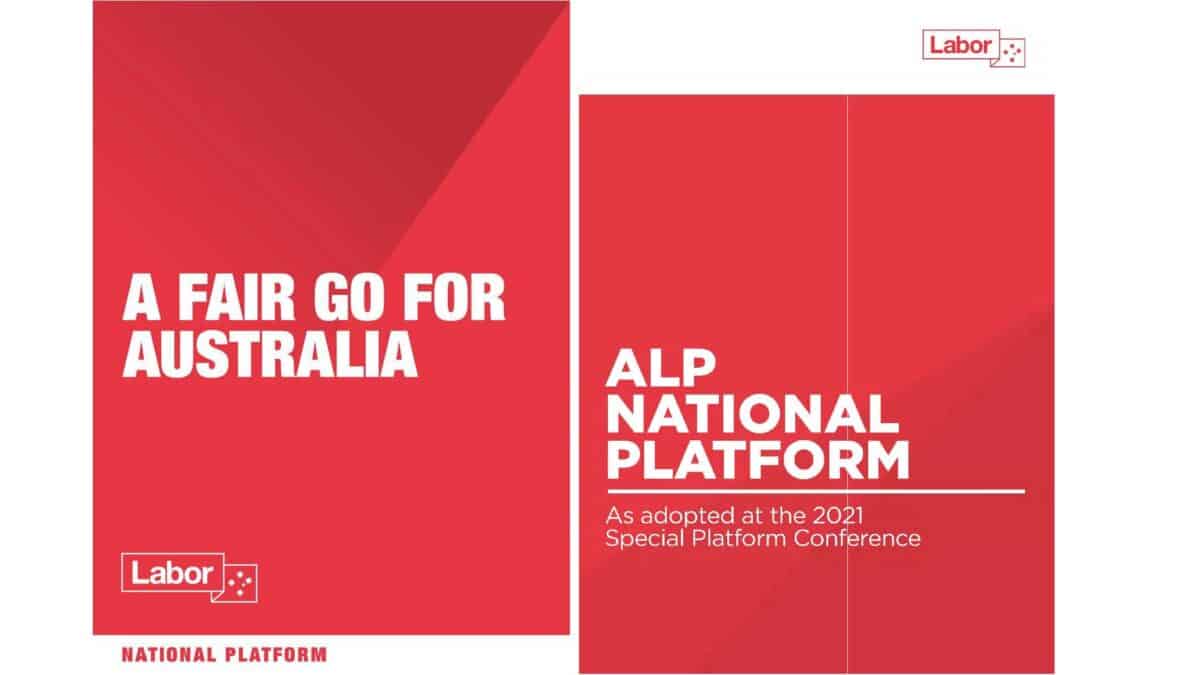Recently accusations of bullying have been made by members of Opera Australia. The details are reported in Limelight, but the newspaper article by Nathaneal Cooper is more illustrative of the general workplace mental health challenges of those in the performing arts. Performers are one of the most visible and fragile sectors of insecure and precarious work. Solutions to hazards and clues to strategic improvements might be more evident and practical if the bullying was assessed through the prism (and legislative obligations) of occupational health and safety (OHS) and insecure work.
Category: bullying
A**hole Bosses – author perspective
Every couple of days, I receive media releases about new books, usually from Northern America, and interview opportunities with authors. If the subject ties into the themes of SafetyAtWorkBlog, I will email back for more information, including some questions. This usually results in a polite decline to cooperate as the “book does not suit your readership” or “the author feels that, although your perspective is valid, they feel it is outside his area of expertise”.
Those questions are usually about the influence of the working environment and organisational structures on management decisions and conduct. This week Tamica Sears, author of How to Tell if You’re an A**Hole Boss: A Humorous, Yet Honest Exposé on Misguided Management Behaviors, provided some perceptive responses. (Note: I have not read the book, so this is not a review)
Workplace bullying in politics
Workplace Bullying is once again in the headlines and once again related to politicians and the stress they face. Two cases in particular are the focus. One in Victoria involving Kaushaliya Vaghela who resigned from the Australian Labor Party after revealing accusations of bullying. The other concerns Senator Kimberley Kitching who died of a heart attack recently and who, some of her friends and colleagues assert, was bullied by work colleagues.
Allegations of this type are very difficult to investigate and filter as so many issues and allegations are raised in the media by anonymous sources.
Both jurisdictions, Victoria and Federal, are due for elections this year which may have contributed to the level and type of media attention.
Venus and Mars = HR and OHS but doesn’t have to
Twenty years ago, John Gray published a bestseller that discussed the binary split between Men and Women, a division that was allowed to reflect humanity’s biology and social constructs until very recently. Since the publication of “Men Are from Mars, Women Are from Venus”, our understanding of gender has almost been revolutionised from the reality of two sexes and genders to a spectrum of varieties, but our institutions and disciplines have not. Our socioeconomic structures are not so flexible, and it may take many decades to reach a consensus on sex and gender, if not equality.
Workplace relations is similarly slow to adapt to change mainly because it fails to have its own structure, instead piggybacking on business activity. Business has developed primarily from the male perspective to benefit men much more than women directly. Business reflects the gender roles of men and women both in job activities and power. The workplace relations subsets of Human Resources (HR) and Occupational Health and Safety (OHS) also reflect these binary practices and perhaps have the strongest long-term potential on the future of work.
Will workplace psychological regulations work?
Recently the Victorian Government released its proposed Occupational Health and Safety Amendment (Psychological Health) Regulations supported by a 106-page Regulatory Impact Statement (RIS) written by Deloitte Access Economics. Public consultation and submissions are welcome up to the end of March 2022.
These regulations have been promised by the Victorian Government for some time and are likely to be debated in Parliament later in this (election) year. The RIS raises substantial questions, but the Regulations stem from primarily a political decision, so those political promises need to be examined.
This is the first of a series of articles on psychological health and the proposed regulations over the next few days.
Why is the world “enthusiastic” for regulations?
Unsurprising from a global business magazine, The Economist’s special report on January 15 2002 (paywalled*) bemoaned the new “enthusiasm for regulation”. It clearly includes occupational health and safety (OHS) laws and Australia in its consideration but stops short of asking why this new enthusiasm exists.
Many regulations, especially in OHS, are proposed and introduced to address a wrong or misbehaviour or a new hazard. A major catalyst for Lord Robens‘ OHS laws in the 1970s stemmed from industrial deaths, especially those of the public. The pattern of deaths as a catalyst for change continues today with the Industrial Manslaughter laws, for instance. Another catalyst is new cultural sensitivities; what was tolerated previously is no longer acceptable.
The workplace bullying changes late last century in Australia is a good example, but this also ties in with unacceptable levels of harm. Bullying was often part of the initiation to work and seemed acceptable until workers were severely injured and traumatised, and people found out about it.
The OHS agenda of the Australian Labor Party
Given that the protection of worker health and safety will gain more attention and support under progressive parties and governments, the release of the 2021 National Platform for the Australian Labor Party (ALP) is notable. The 2021 document, unsurprisingly, focuses on the role of Health and Safety Representatives, appealing to its financial and political trade union base as major influencers on occupational health and safety (OHS).
This article will focus on the chapters in both the 2021 and 2018 platform documents related to safe and healthy workplaces, although there are OHS-related issues dotted throughout both documents.






